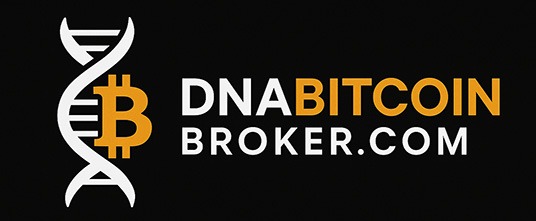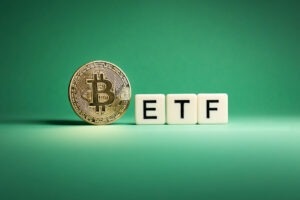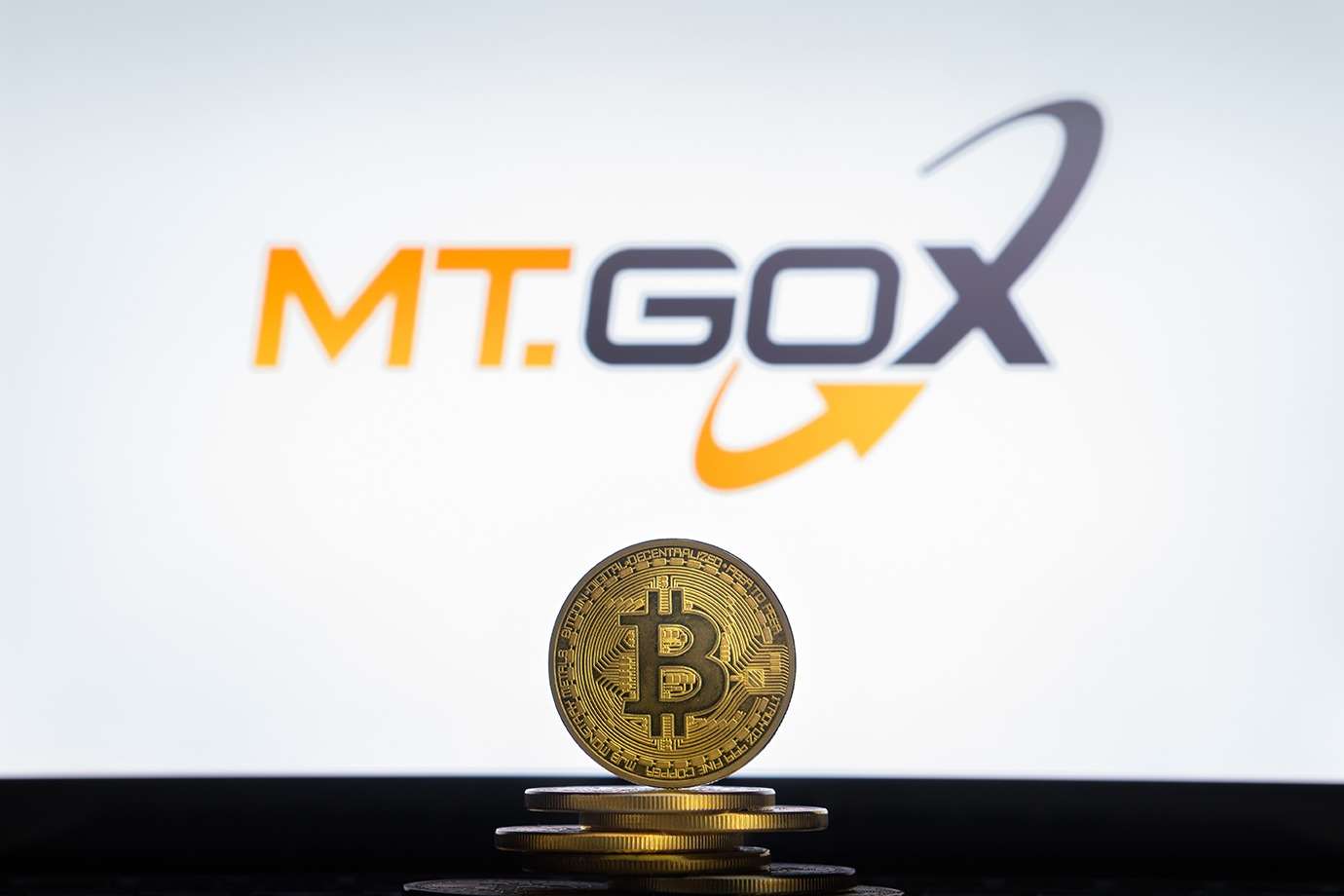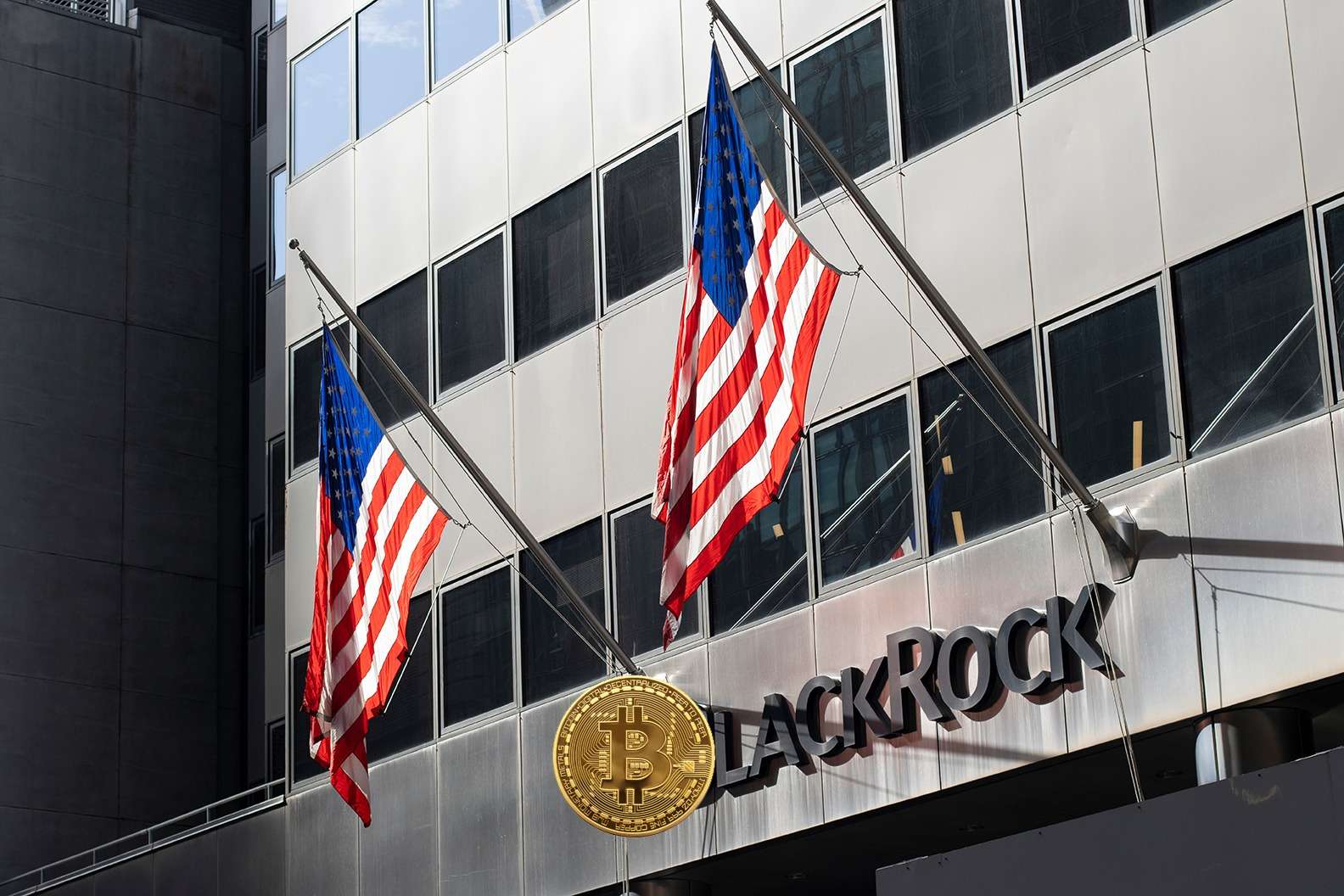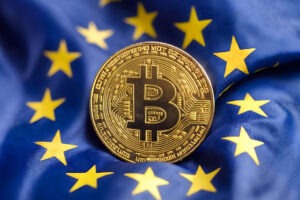Ripple’s XRP was up 70% by late Thursday. This ripple effect also catapulted BTC upwards of $1,000+. The SEC gained a partial victory when the federal judge ruled that XRP qualifies as a security when sold to institutional investors. This ruling was based on the conditions outlined in the Howey Test.
The SEC filed a lawsuit against Ripple, aiming to force the company to stop offering XRP. They argued that XRP qualifies as a security, requiring additional regulatory measures. The court clarified that it lacked jurisdiction to address this specific question. It explained that determining whether a secondary market sale qualifies as an offer or sale of an investment contract would necessitate thoroughly examining the contract, transaction, or scheme in question.
Following the news, XRP experienced a rally, and crypto exchange Gemini expressed its potential interest in listing the token. However, initial insights from legal experts suggest that the ruling falls short of fully resolving whether a digital asset qualifies as a security under U.S. law and under what circumstances.
Under the leadership of Chairman Gary Gensler, the SEC has argued that most digital assets meet the criteria of being securities. As a result, regulators require issuers to undergo a lengthy and costly registration process before making tokens available. They also mandate that exchanges register as broker-dealers before listing these tokens. However, the industry argues that applying decades-old laws to internet-originated assets remains unclear. This confusion challenges the effectiveness of such laws for the crypto market.
The court released its findings in an order that partially granted a motion for summary judgment in the significant SEC case against the blockchain platform.
When Crypto is not a Security
In 2020, SEC had lodged allegations against the company and its current and former CEOs, claiming that they conducted an unregistered securities offering of $1.3 billion by selling XRP, a digital asset created by Ripple’s founders, back in 2012.
The cryptocurrency industry has closely followed the outcome of this case, disputing the SEC’s stance on crypto tokens. The SEC argues that most crypto tokens are securities and should follow strict investor protection regulations. It has initiated over 100 enforcement actions related to cryptocurrencies, claiming many tokens qualify as securities. However, many of these cases have been settled outside of court.
In the rare instances where such matters have proceeded to court, judges have generally sided with the SEC, affirming that the crypto assets in question should be classified as securities. Unlike commodities and similar assets, securities are subject to strict regulations, requiring issuers to register them with the SEC and provide comprehensive disclosures to inform investors about potential risks.
Judge Torres Rules Ripple’s XRP Sales on Public Exchanges Do Not Qualify as Securities
Judge Torres ruled that Ripple’s sales of XRP on public cryptocurrency exchanges do not qualify as securities offerings. She clarified that these transactions should not be considered securities under the law. Her rationale was that purchasers did not possess a reasonable expectation of profit linked to Ripple’s efforts. She described these transactions as “blind bid/ask transactions,” where buyers were unaware if their payments went to Ripple. Alternatively, the payments could have been directed to any other seller of XRP.
To arrive at her decision, Torres applied a precedent set by the U.S. Supreme Court, which stated that an investment contract is a type of security involving “an investment of money in a common enterprise with profits to come solely from the efforts of others.”
Furthermore, Judge Torres determined that the XRP sales on cryptocurrency platforms conducted by CEO Brad Garlinghouse, co-founder and former CEO Chris Larsen, and other distributions, including employee compensation, did not fall under the category of securities.
Image Source: Adobe Stock
Disclaimer: This article is provided for informational purposes only. It is not offered or intended to be used as legal, tax, investment, financial, or other advice.
